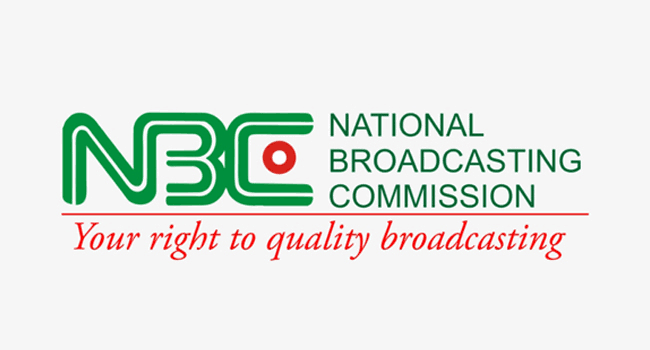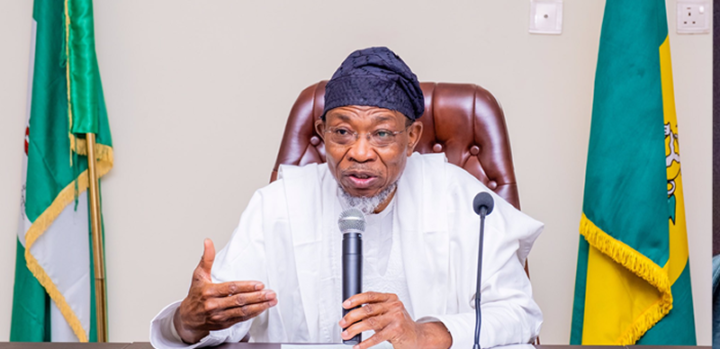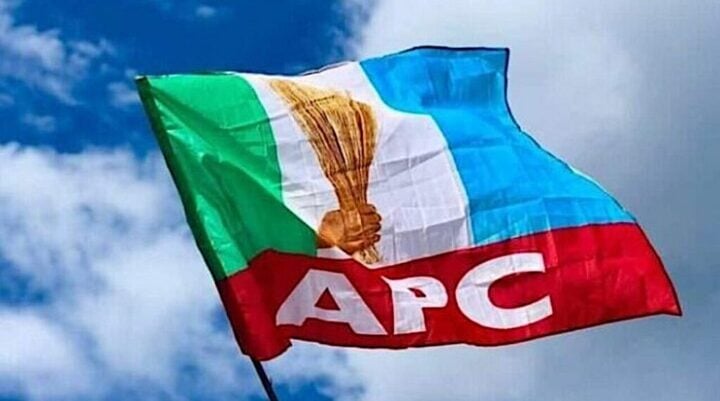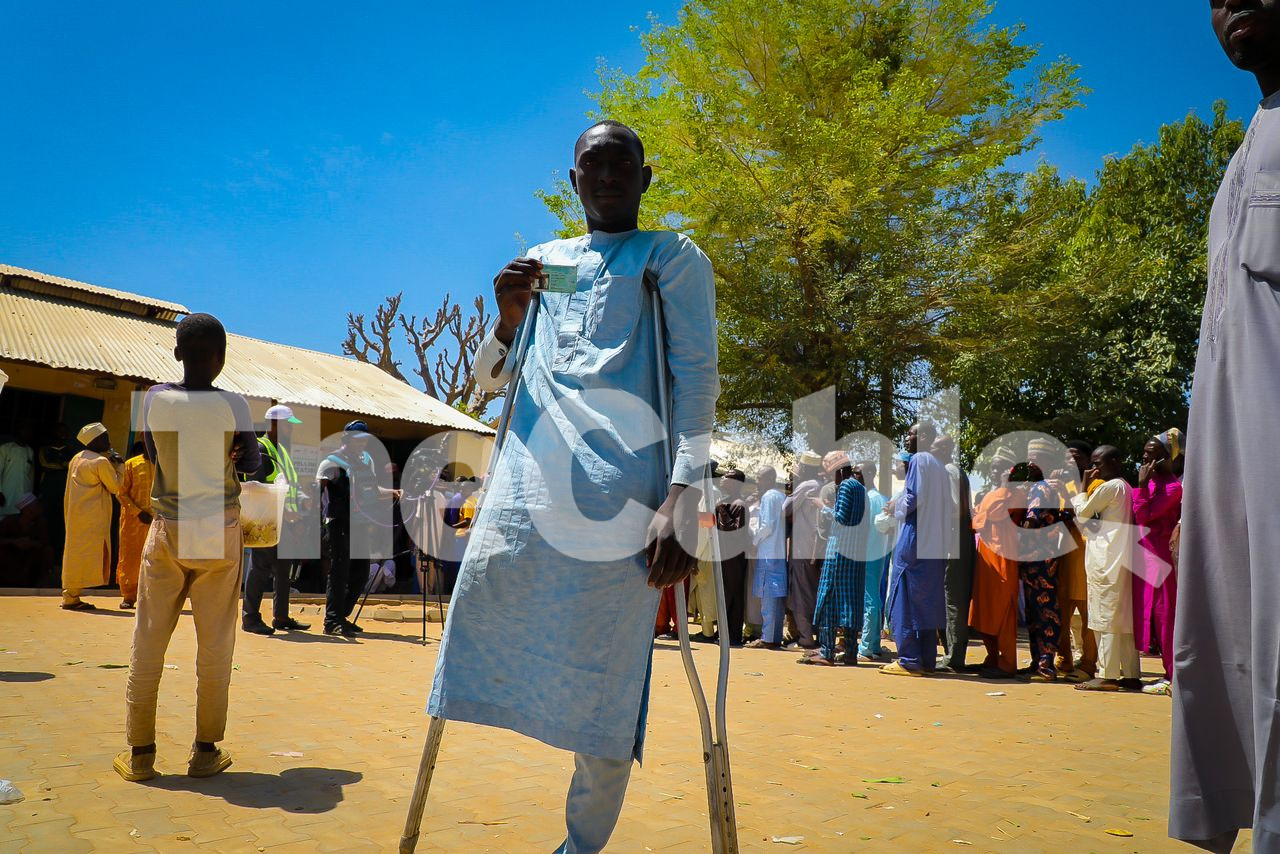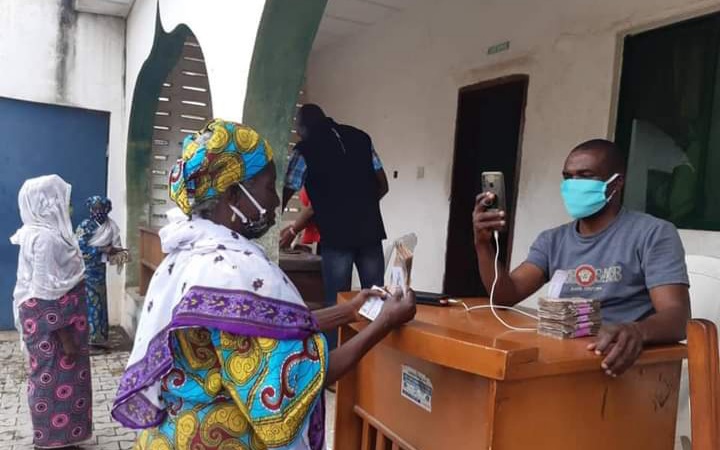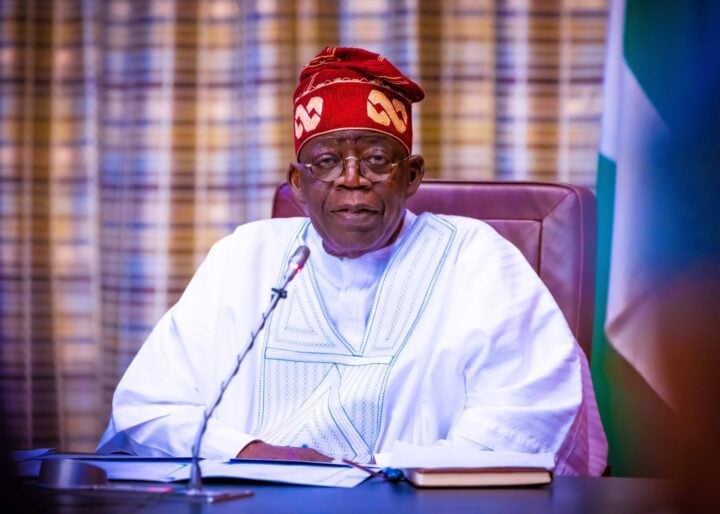Without mincing words, the National Broadcasting Commission (NBC) is trying to claw its way back from the nadir of regulatory uncertainty and capture to a stirring renaissance where its relevance and importance will be felt again in the industry. Which other way to do it other than a return to the very roots where it all began, Lagos, in 1992, when the industry was deregulated and the broadcast landscape altered forever.
What is more? The NBC is making a grand return to the premium stage with one of its flagship programmes, AFRICAST, which has been off the radar, with COVID-19 being given the notorious credit for such a troubling absence from the broadcast calendar of events. In truth, it goes beyond COVID-19. It was more of a systemic failure.
But the story has turned a corner. Speaking at a press conference in Lagos yesterday, Mallam Balareba Shehu Ilelah, Director General of the Commission, announced the return of AFRICAST in October, which occasion also provides some cover for the NBC to start to reinvent itself, especially in areas it has suffered deficit. It is no assumption to state that a rebuilding process may have started, and that it will be good for the NBC to redeem itself or salvage what is left of its pride.
The theme of the 13th edition of AFRICAST which holds from October 24 to 26th, as announced by Ilelah is, Broadcast Content: Synergy, Finance and Market. Quite thoughtful. For a long time, content has been taken as the blood that flows in the veins of broadcasting, the king of the industry, and the creators as a special class of people that need to be encouraged to create more fun and make profound statements with their works.
Advertisement
However, what will be of more importance to the industry stakeholders are the updates the broadcast regulatory boss provided on the activities of his organization. Coming into the NBC in June 2021, Ilelah inherited baggages that were primed to abort even every of his best effort at the Commission, the most noticeable being the intrusion of a supremo from the ministry whose ignorance and power mongering affected the industry adversely.
The grounds covered in the updates include: Review of the Nigeria Broadcasting Code, Completion of Digital Switchover, Proposed Upward Review of Broadcast License Fee, Nigeria Broadcast Institute, Automation of License Process and NBC Power to Sanction.
While it provokes nourishing feelings to know that the lifespan of the 2019 Code is coming to an end, it will be remiss not to state that the Code remains one of the worst documents produced by the President Muhammadu Buhari Administration. The innocent intention behind the review of a broadcast industry document was hijacked by subterranean forces who introduced strange elements into the document. The Code was not only controversial but based on latent interests that weakened the document, the NBC lost a couple of cases in court.
Advertisement
Booby traps were placed everywhere, from content creation, content ownership and sharing, content exclusivity and all kinds of ignoble provisions. The controversy generated nearly overwhelmed the NBC but those who placed the traps were laughing in the market place, while bending the law to serve their warped financial sinkhole.
At the briefing, Ilelah said: ‘’In line with the NBC enabling Act, the Commission has invited Broadcasters and relevant stakeholders to make inputs towards the review of the 6th edition of the Nigeria Broadcasting Code. The Code, which is updated every four years, aims to enhance operational standards in the broadcast industry and address emerging trends and technologies especially, as it affects broadcast content and delivery.’’
If we had submitted in the past that the present Code was created to serve private and personal interests, it is my hope now that broadcasters and broadcast stations will seize this opportunity to activate their regulatory departments to spring into action and present documents whose observations and arguments will be strong enough to correct present anomalies. In more serious environments, consultants are actually engaged to combine strength with in-house capacity in order to achieve desired results. In this clime, we do things very differently.
The NBC’s communication on the Digital Switchover is pure obscurantism, which perhaps questions whether the regulator is ready to fast track that all-important project which has been completed in several jurisdictions of the world. Acknowledging that the DSO has faced challenges in the past, Ilelah informed that ‘’the Commission has been able to facilitate the signing of a memorandum of understanding between one of the signal distributors, The Integrated Television Services and NTA StarTimes for the deployment of simulcrypt, which permits the FreeTV to leverage on the transmission infrastructure of NTA StarTimes to boost signal coverage across the Country and speed up the completion of the project.’’
Advertisement
This means very little to the ordinary man out there who is expecting the DSO process to be completed so that he too can have access to digitally processed signals and multichannel TV programming as well as the digital dividends that will arise from the spectrum that be will yielded up for telecommunications services. It is a well-known fact that telcos are in a better financial position to pay more for spectrum uptake than broadcasters. This would always mean more money for the government and for the people.
The NBC’s position on the Power to Sanction casts the regulator as a victim, which it is not. I don’t think there is anybody connected to the broadcast industry who nurtures the idea that NBC cannot sanction. The point at issue is that NBC should follow its own processes to impose sanctions on erring broadcasters. Those investing billions of Naira in the broadcast industry are not daft. Quite a number of them suspected that some of the fines recently parcelled out to them only came from one source who sought to punish them. And the courts have not disappointed in giving judgment. The NBC should acknowledge where it has erred and initiate some internal remedies.
I don’t know who is advising the regulator but if I found myself in that position, I would have counseled against any upward review in license fees at this time. The regulator, according to the DG, is contemplating an increase in the license fees to reflect the reality of the times. Which is, everything spinning out of control. Is that what the NBC wants too? For me, it would have made more sense and meaning to leave the license fees as they are but audit the industry and cause it to function properly so that operators can make more money for the NBC to collect its annual operating levy.
You try and see this matter with me, as they say in the local parlance. Broadcaster operators are already indebted to the Commission in the sum of several billions of Naira. With an increase, there may be a spike in the debt that may never be paid. Which offers more appeal, for the industry to work or for the regulator to contemplate more money in the air?
Advertisement
I am happy that AFRICAST is returning to the broadcast circuit. It gives me joy too that the regulator is organizing this event in collaboration with a consultant, Broadcast Media Africa (BMA), who should be able to add some flavour and depth to the programme.
But I have also looked at various sub themes of the conference and can’t see anything about Digital Switchover and the Code Review which, I believe, should enjoy prime attention. I just hope the NBC does not miss a clear and glorious opportunity to attract industry experts to comment on disturbing industry issues. AFRICAST 2023 should provide a defining moment for both regulator and operators to look at each other in the eye and resolve to do things differently to the benefit of the industry irrespective of the storm they carry inside.
Advertisement
Views expressed by contributors are strictly personal and not of TheCable.
Add a comment

